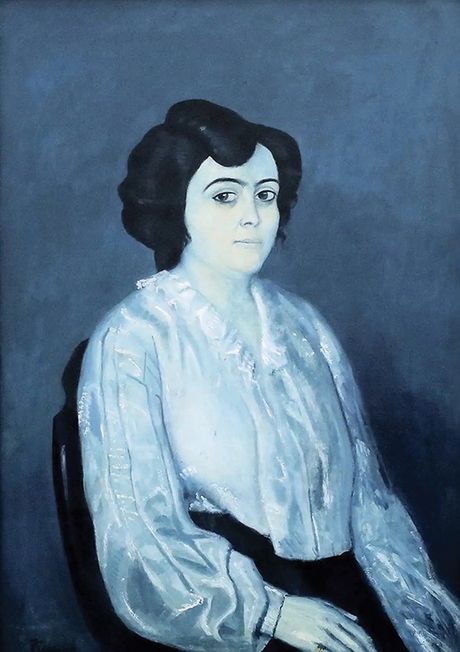
Germany’s culture minister Claudia Roth is implementing a number of changes to help claimants for Nazi-looted art. But her most important reform proposal—aimed at increasing the powers of the national advisory commission on Nazi-looted art—faces resistance from the state of Bavaria.Last year’s 25th anniversary of the Washington Principles, the international guidelines on handling claims for Nazi-looted art that were endorsed by 44 governments and organisations in 1998, has prompted a stock-taking of what has been achieved so far, and of what still needs to be done to win justice for the families of Jewish collectors whose property was stolen. In Germany, more than 7,000 works of art or cultural objects have been restituted to heirs since 1998. But that is still a tiny fraction of the art stolen by the Nazis or sold by Jewish people under duress. High-profile disputes—such as a claim against the Bavarian State Painting Collections for Picasso’s 1903 Portrait of Madame Soler, submitted by the heirs of the Jewish banker Paul von Mendelssohn-Bartholdy—can still drag on for years.Most of the restituted works have come from public collections. “We cannot be satisfied at all with the status of progress in private collections,” said Gilbert Lupfer, the head of the German Lost Art Foundation, at a December event in Berlin to mark the 25th anniversary. “Very little is happening there and there is a lack of convincing ideas that go beyond appealing to people’s morality.”At the same event, Roth said the fact that so many works remain unrestituted is a “disgrace”. She has previously described the remit of the government’s advisory commission as “inadequate” and said Germany is “not living up to our responsibilities”.Roth’s reform pledges include an extension of the advisory commission’s mandate to allow one party to submit a dispute to the panel, even if the other party opposes it. At present, both sides must agree to take their dispute to the panel—one of the reasons why the commission has only issued 23 recommendations in 20 years.But discussions between the culture ministry and the 16 states, whose consent is required for the change to take effect, have hit a major stumbling block. Bavaria’s culture minister, Markus Blume, insists that any reform of the panel must be accompanied by a new restitution law for cultural property lost in the Nazi era. Roth opposes a new law on the grounds that it will take too long to draft, negotiate and implement. But her ministry is in discussion with the justice and finance ministries to make a change to the civil code that would lift the statutes of limitations for Nazi-looted cultural property. It is also seeking to introduce a legal right to provenance information. But lawyers in the field say that still leaves an important barrier for claimants seeking restitution in court—namely Ersitzung, a peculiarity of German law that upholds the right of someone who acquired an item in good faith and has possessed it for ten years to keep it.Without the states’ approval, Roth cannot enforce a rule allowing claimants to take their case to the panel without the consent of the current holder. But from January, any museum that refuses to go to the panel will be ineligible for federal government funding.Roth cited the example of the portrait of Madame Soler, a symbol of the weaknesses of the current system. Bavaria has refused to submit the dispute to the panel, arguing that it is not a restitution case. Under the new rule, the State Painting Collections would not be eligible for federal provenance research grants.


























